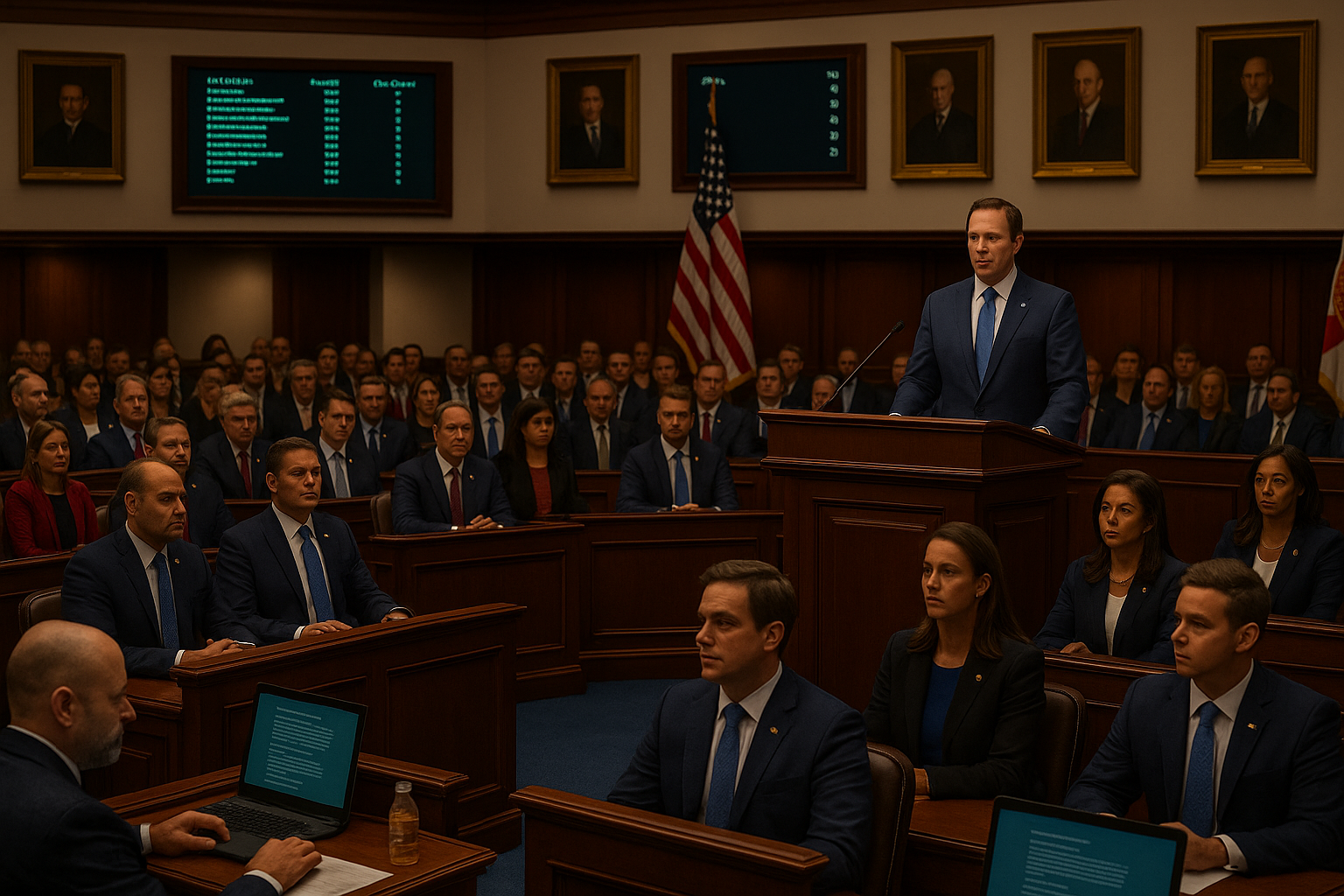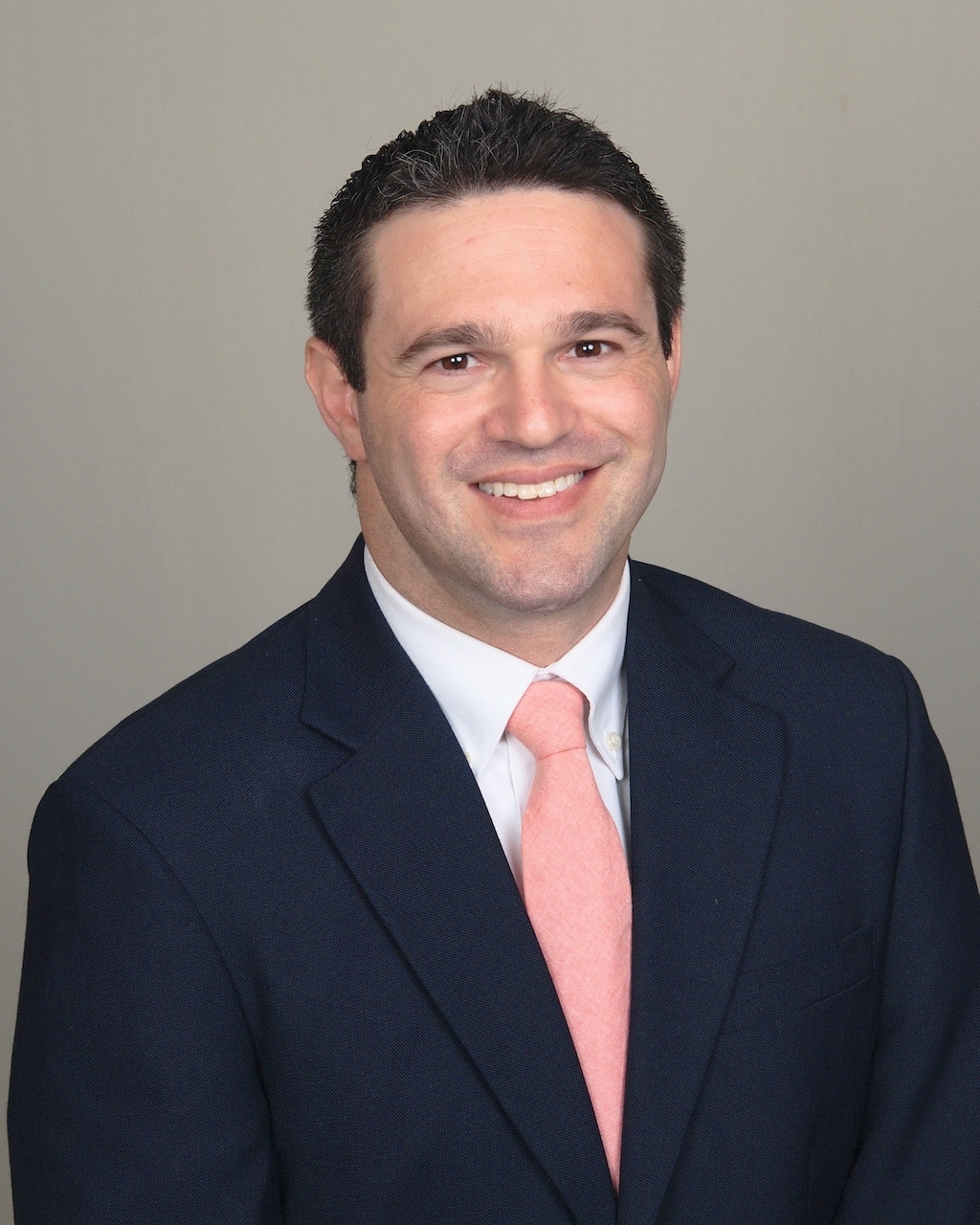For another legislative session, Florida’s longstanding no-fault auto insurance system - commonly referred to as Personal Injury Protection ("PIP") - has survived repeal efforts. House Bill 1181 sought to replace the no-fault framework with a fault-based system that would have significantly altered how medical expenses are handled in car accident claims. The bill passed the Florida House but stalled in the Senate, where lawmakers declined to consider its companion bill, SB 1256. This mirrors previous attempts to repeal PIP, including one in 2021 that was vetoed by Governor Ron DeSantis.
The proposal drew criticism from both Governor DeSantis and members of the House Insurance and Banking Subcommittee. Representative Mike Caruso, a vocal member of the committee, remarked that the House appeared more focused on expanding litigation than promoting consumer or market stability, joking that the panel could be renamed the “Insurance and Trial Attorneys Subcommittee.” His concerns reflect broader apprehension within the defense and insurance communities that repealing PIP would open the floodgates to more bodily injury lawsuits, increasing costs for both carriers and policyholders.
Governor DeSantis’s opposition to the bill remained firm throughout the 2025 session. Citing concerns about rate increases and the potential strain on the court system, the Governor reiterated his prior stance that repeal would likely create more problems than it solves. His veto in 2021 was based on an actuarial analysis showing that the majority of Florida drivers could expect premium increases under a fault-based system - a concern echoed by many in the defense bar and insurance industry.
The failure of this repeal effort reinforces the legislative and executive branches' growing recognition of the importance of maintaining market balance. While Florida’s PIP system is far from perfect, repealing it without a comprehensive plan to control litigation and contain costs could destabilize an already fragile auto insurance market. If a repeal were to succeed in the future, it would mark a seismic shift in liability exposure and litigation volume, particularly for insurers and defense counsel. For now, the no-fault framework remains intact, and with it, a level of predictability that helps contain legal and financial risk across the industry.
Repeal of Florida’s No-Fault Law Fails Again: What It Means for the Insurance Industry

- May 6, 2025
Keep Reading
Check out more content from Caliber Law.
May 5, 2025
During the 2025 legislative session, Florida lawmakers considered House Bill 1551 and its companion, Senate Bill 426,...
May 5, 2025
On January 1, 2025, civil litigation in Florida entered a new era. Following a series of sweeping amendments to the...



